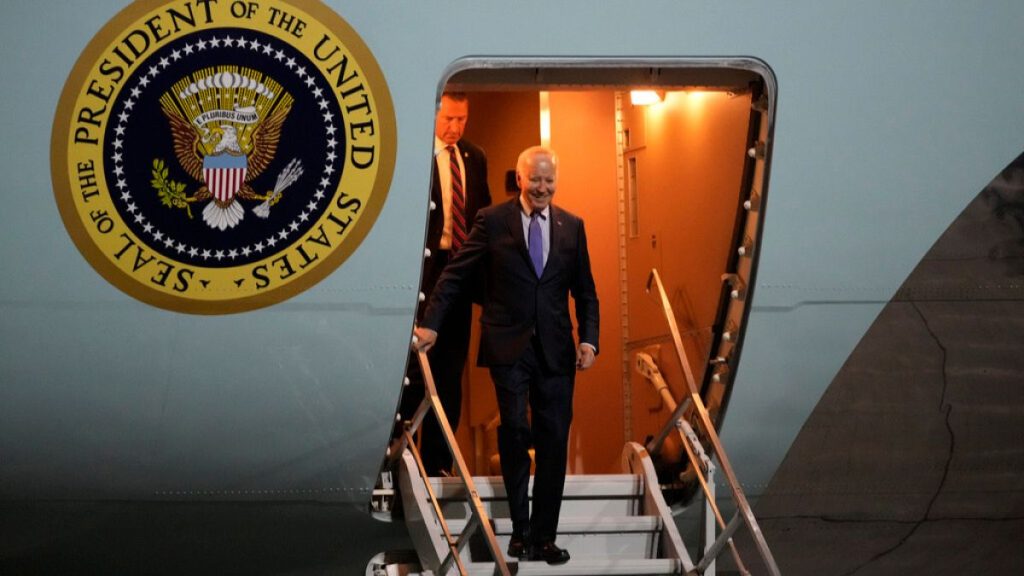German politicians are concerned about the prospect of former US President Donald Trump returning to the White House, as they fear it may disrupt US foreign policy and strain relationships with Western allies, including Ukraine. US President Joe Biden, who has been working to strengthen transatlantic ties, visited Berlin to discuss how Western leaders can support Ukraine against Russia. German Chancellor Olaf Scholz has expressed admiration for Biden and has openly preferred him over Trump, citing an improvement in cooperation between the two countries during Biden’s tenure. Despite concerns from politicians and the public, with over 80% of Germans believing a Trump presidency would harm transatlantic relations, there are divided opinions within the German government about providing military support to Ukraine.
During Trump’s previous term in office, he clashed with German Chancellor Angela Merkel on various issues, such as defence spending, migration, climate change, and trade. Trump’s decision to withdraw over 12,000 American troops stationed in Germany due to disagreements over defence spending strained the relationship between the two leaders. Merkel and other European leaders became more vocal about taking control of their own destiny in response to Trump’s actions. Memories of these conflicts may contribute to the negative perception of a potential second Trump presidency among German politicians and the public.
The prospect of Trump returning to power poses a significant threat to Ukraine, which relies on US military aid to defend itself against Russian forces. Germany, as the largest nation state in Europe, has a crucial role in supporting Ukraine but is hesitant to provide certain military equipment, such as Leopard 2 battle tanks and Taurus cruise missiles. Despite promising financial support to Ukraine, the German government has struggled to allocate funds due to budget constraints, leading to concerns about the level of support Ukraine can expect from European countries in the event of a Trump presidency. The split within the German government on how far to support Ukraine, with some political parties advocating for increased assistance, adds to the uncertainty surrounding the situation.
With the US election looming and the possibility of Trump winning, German politicians and the public remain pessimistic about the impact a second Trump presidency would have on transatlantic relations and support for Ukraine. Biden’s efforts to strengthen ties with Western allies, including Germany, are seen as crucial in maintaining stability and cooperation in the face of potential changes in US foreign policy. The German government’s reluctance to fully commit to providing military support to Ukraine reflects broader concerns about the future of European security and the role of European countries in filling potential gaps left by changes in US policy.
As the US election approaches, German politicians are closely monitoring the situation and considering the implications of a second Trump presidency on key alliances and international security. Biden’s visit to Berlin highlighted the importance of transatlantic solidarity in addressing global challenges, particularly in supporting Ukraine against Russian aggression. The outcome of the US election will have far-reaching consequences for European security and cooperation, with potential changes in US foreign policy posing challenges for Germany and other European countries as they navigate shifting international dynamics and seek to uphold shared values and interests.













